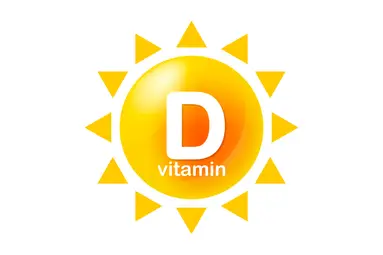7 Foods rich in Vitamin D
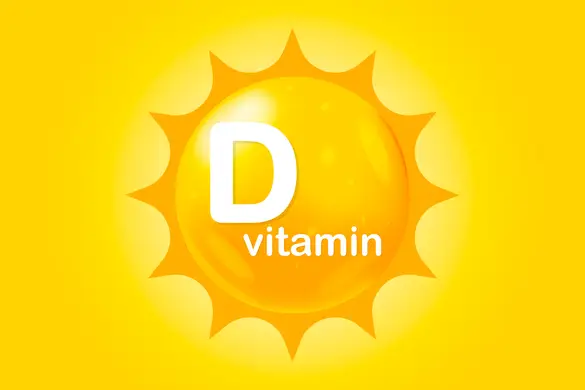
7 Foods rich in Vitamin D
Posted on 12th Feb, 2023
We consume vitamin D as a nutrient, but our bodies also produce it as a hormone. It is a fat-soluble vitamin with a long history of helping the body retain and absorb calcium and phosphorus, both of which are essential for bone development. Additionally, research in the lab demonstrates that vitamin D helps lessen inflammation, manage infections, and slow the growth of cancer cells. Scientists are actively researching additional potential activities for vitamin D, which has receptors in many bodily organs and tissues and suggests crucial roles beyond bone health.
Here are 10 food sources of Vitamin D: -
Cod Liver Oil
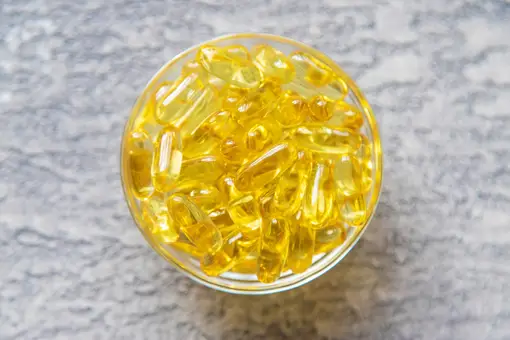
Cod liver oil is a well-known supplement. If you don't like fish, taking cod liver oil is another way to get nutrients that would otherwise be difficult to obtain. It's a great source of vitamin D. At about 450 IU per teaspoon (4.9 mL), it contains 56% of the DV. It has long been used to treat vitamin D deficiency. It has also been used in the treatment of rickets, psoriasis, and tuberculosis. A single teaspoon of cod liver oil contains 150% of the daily value for vitamin A. (4.9 mL). In high doses, vitamin A can be toxic. Furthermore, cod liver oil contains a high concentration of omega-3 fatty acids. Omega-3 fatty acids may benefit heart health and reduce inflammation in the body. Cod liver oil, like fatty fish, is a good source of these fatty acids. It can be difficult to get enough omega-3 in your diet if you don't eat fish.
Eggs
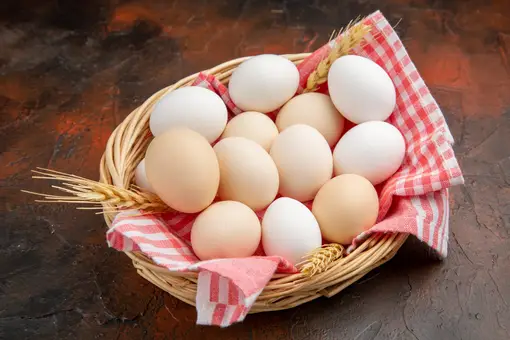
Whole eggs are another excellent source, as well as a highly nutritious food. The white contains the majority of the protein in an egg, while the yolk contains the majority of the fat, vitamins, and minerals. One large egg yolk contains 37 IU of vitamin D, or 5% of the DV. A few factors influence the vitamin D content of egg yolks. Sun exposure, vitamin D content in chicken feed, and exposing liquid yolk to UV light will all increase vitamin D levels in eggs. When fed the same feed, pasture-raised chickens that are allowed to roam outside in the sunlight produce eggs with 3-4 times the levels.
Salmon
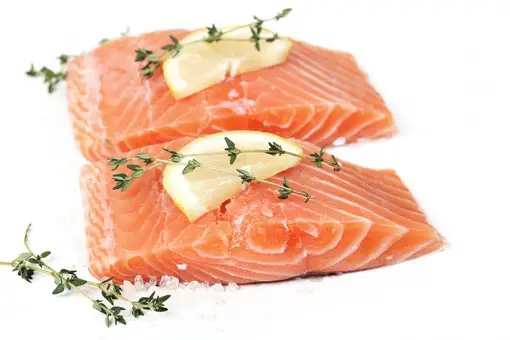
Salmon is a popular fatty fish that is high in vitamin D. According to the Food Composition Database of the United States Department of Agriculture (USDA), one 3.5-ounce (100-gram) serving of farmed Atlantic salmon contains 526 IU of vitamin D, or 66% of the DV. The vitamin D content of salmon can vary greatly depending on whether it is wild or farmed. Wild-caught salmon contains more vitamin D on average. The amount of vitamin D in salmon varies depending on where it is caught and the time of year. According to one study, the vitamin D content of Baltic sea salmon ranged from 556-924 IU per one 3.5-ounce (100-gram) serving, providing 70-111% of the DV.
Sardines
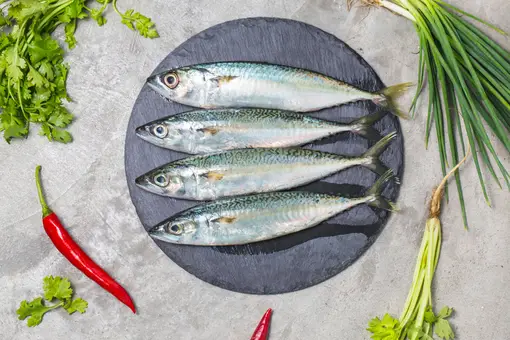
Canned Sardines are also a good source of vitamin D. A 3.5-ounce (100 gram) serving contains 193 IU, or 24% of the daily value. Other types of fatty fish are also high in vitamin D. Per 3.5-ounce (100- gram) serving, halibut has 190 IU and mackerel has 643 IU.
Tuna
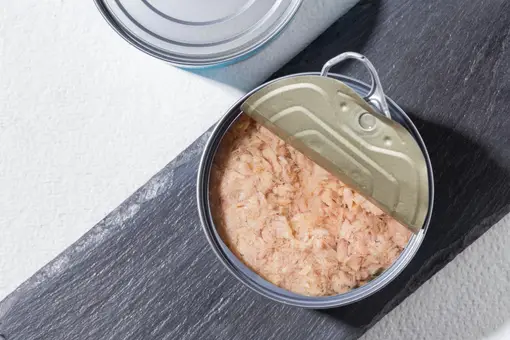
Each serving of canned tuna contains 269 IU of vitamin D. To avoid methylmercury build-up, choose light tuna and limit yourself to a single serving per week.
Fortified Foods
Natural sources of vitamin D are scarce, particularly if you are vegetarian or dislike fish. Fortunately, some foods that do not naturally contain vitamin D are fortified with it.
Cow’s Milk:
Cow's milk contains a variety of nutrients, including calcium, phosphorus, and riboflavin. Cow's milk is fortified with vitamin D in several countries. 1 cup of fortified cow's milk in the United States contains 115 IU of vitamin D per cup (237 mL), or about 15% of the DV.
Soy Milk:
Because vitamin D is almost entirely found in animal products, vegetarians and vegans may have a more difficult time getting enough As a result, plant-based milk substitutes like soy milk are frequently fortified with vitamin D and other nutrients found in cow's milk. The amount varies according to the brand. One cup (237 mL) contains approximately 100-119 IU of vitamin D, or 13-15% of the daily value.
Cereal & Oatmeal:
Cereals are another food that may be vitamin D fortified. One cup of fortified wheat bran flakes has 145 IU of vitamin D, which is 18% of the daily value. One cup of fortified crisp rice cereal contains 85 IU of vitamin D, which is 11% of the daily value. Keep in mind that not all cereals contain vitamin D. It's a good idea to check the nutrition label to see how much vitamin D is in the product. Although fortified cereals and oatmeal contain less vitamin D than many natural sources, they can still be a good way to supplement your diet.
Mushrooms
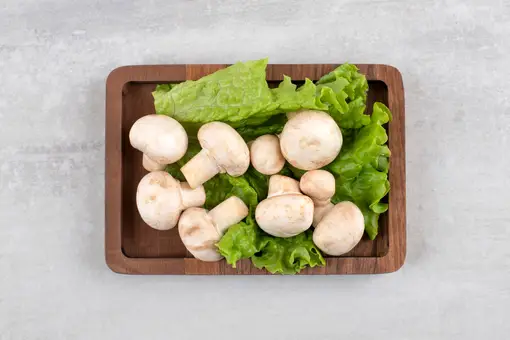
Mushrooms are the only adequate non-animal source of vitamin D, aside from fortified foods. When exposed to UV light, mushrooms, like humans, can synthesise vitamin D. Mushrooms, on the other hand, produce vitamin D2, whereas animals produce vitamin D3. Although vitamin D2 helps raise vitamin D levels in the blood, it may not be as effective as vitamin D3. Because of their exposure to UV light, some wild mushrooms are high in vitamin D2. Morels are mushrooms that grow in the wild. One cup of these mushrooms contains 136 IU of vitamin D, or 17% of the daily

Health articles from our experts
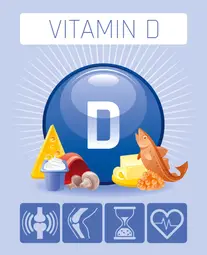
Signs & Symptoms Of Vitamin D Deficiency In India
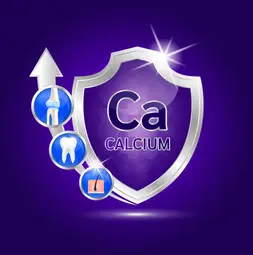
Signs & Symptoms Of Calcium Deficiency

10 Sources Of Vitamin D For Vegetarians
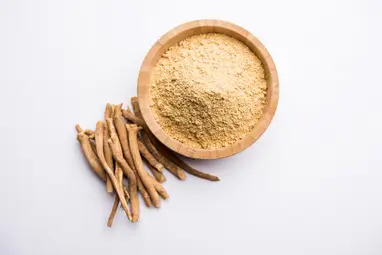
Top 10 Benefits of Ashwagandha Leaves
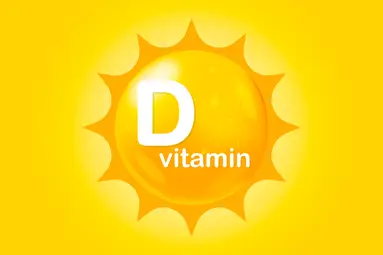
Top 5 Vitamin D Fruits and Vegetables You Should Know
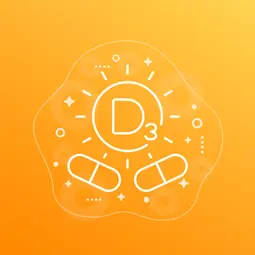
Neurological symptoms of Vitamin D deficiency
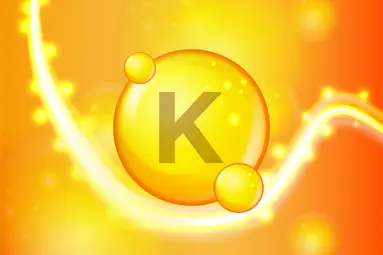
10 Fruits rich in Vitamin K
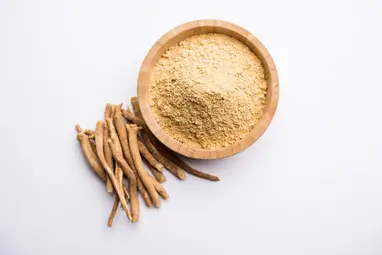
Benefits of Ashwagandha for Men
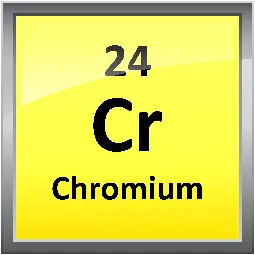
Signs and Symptoms of a Chromium deficiency
